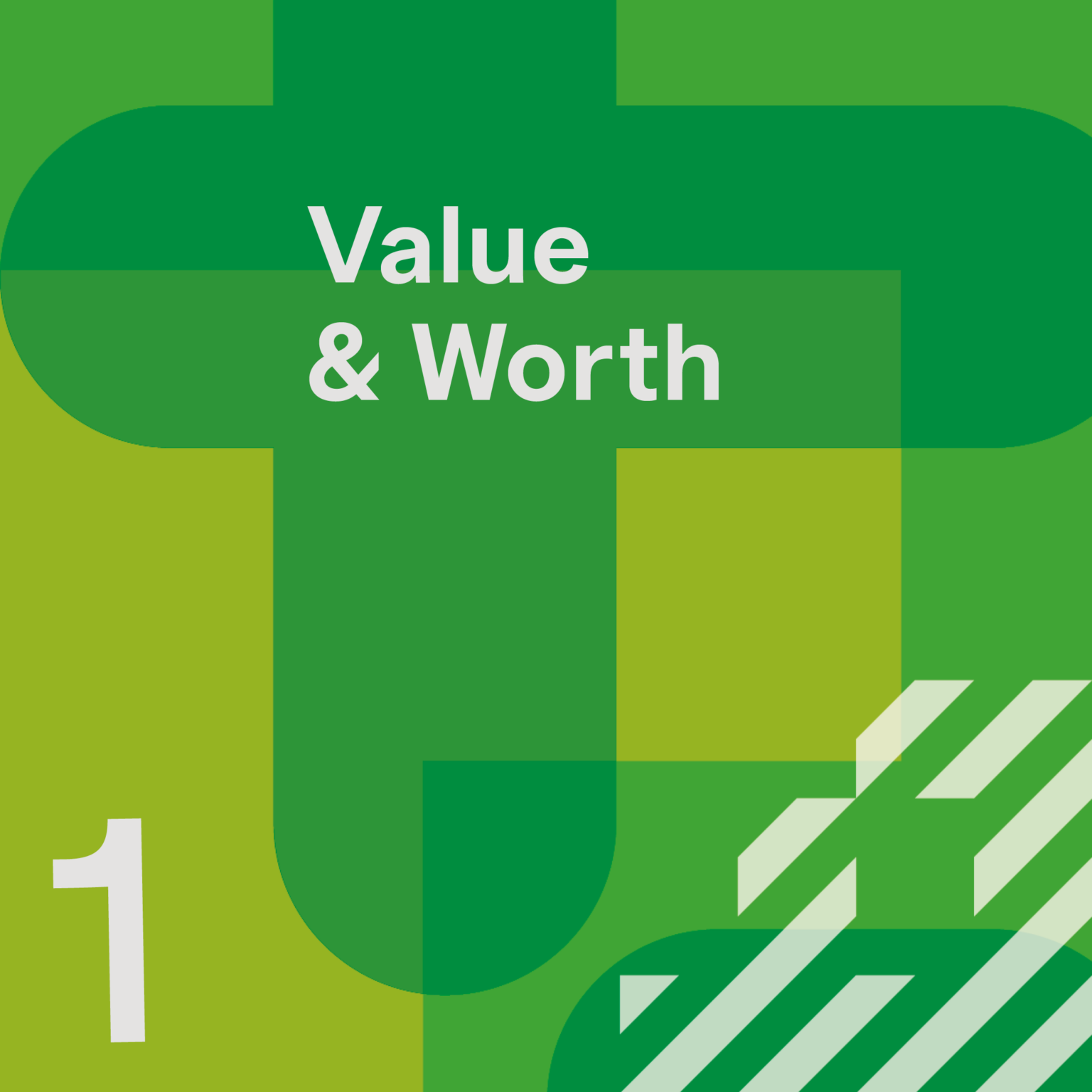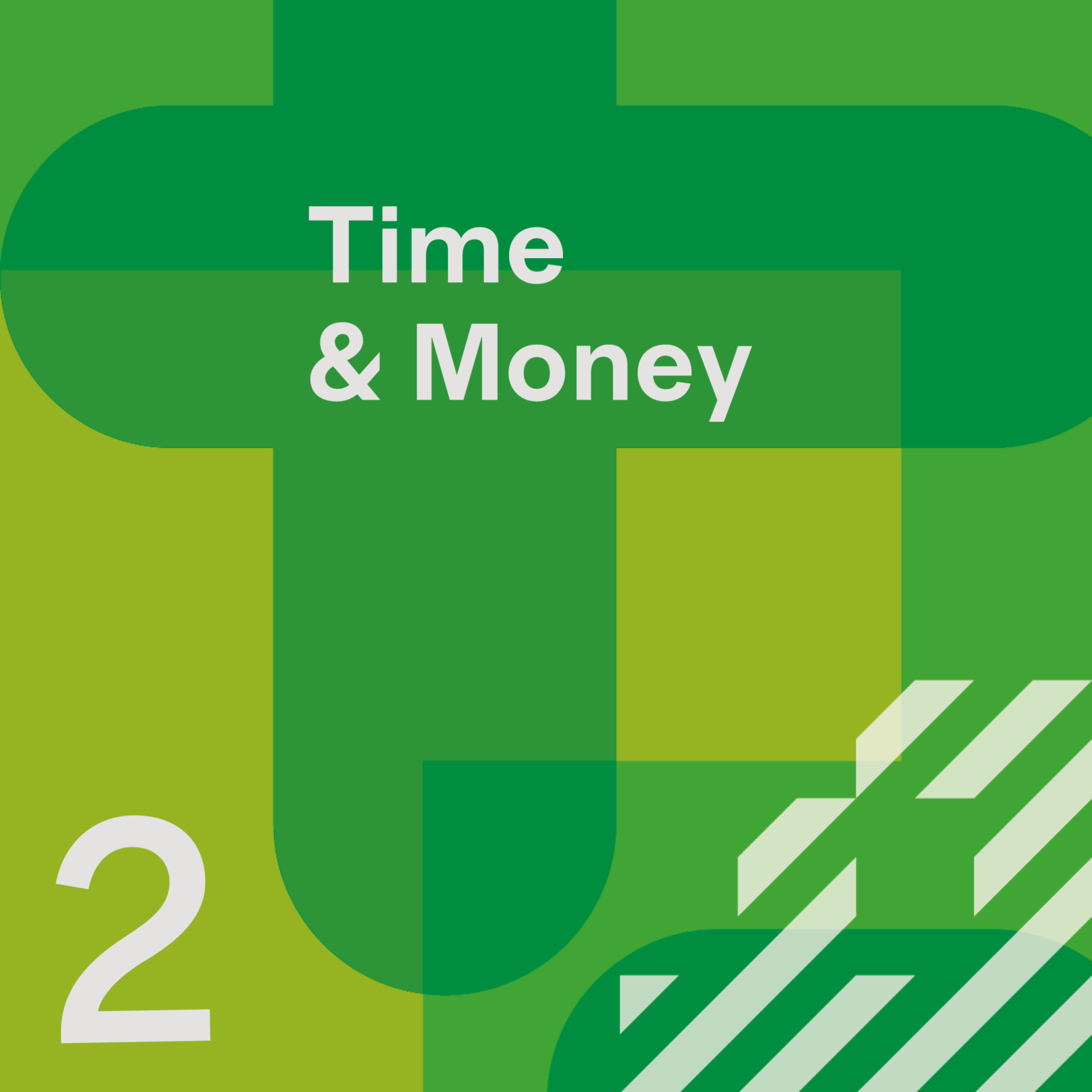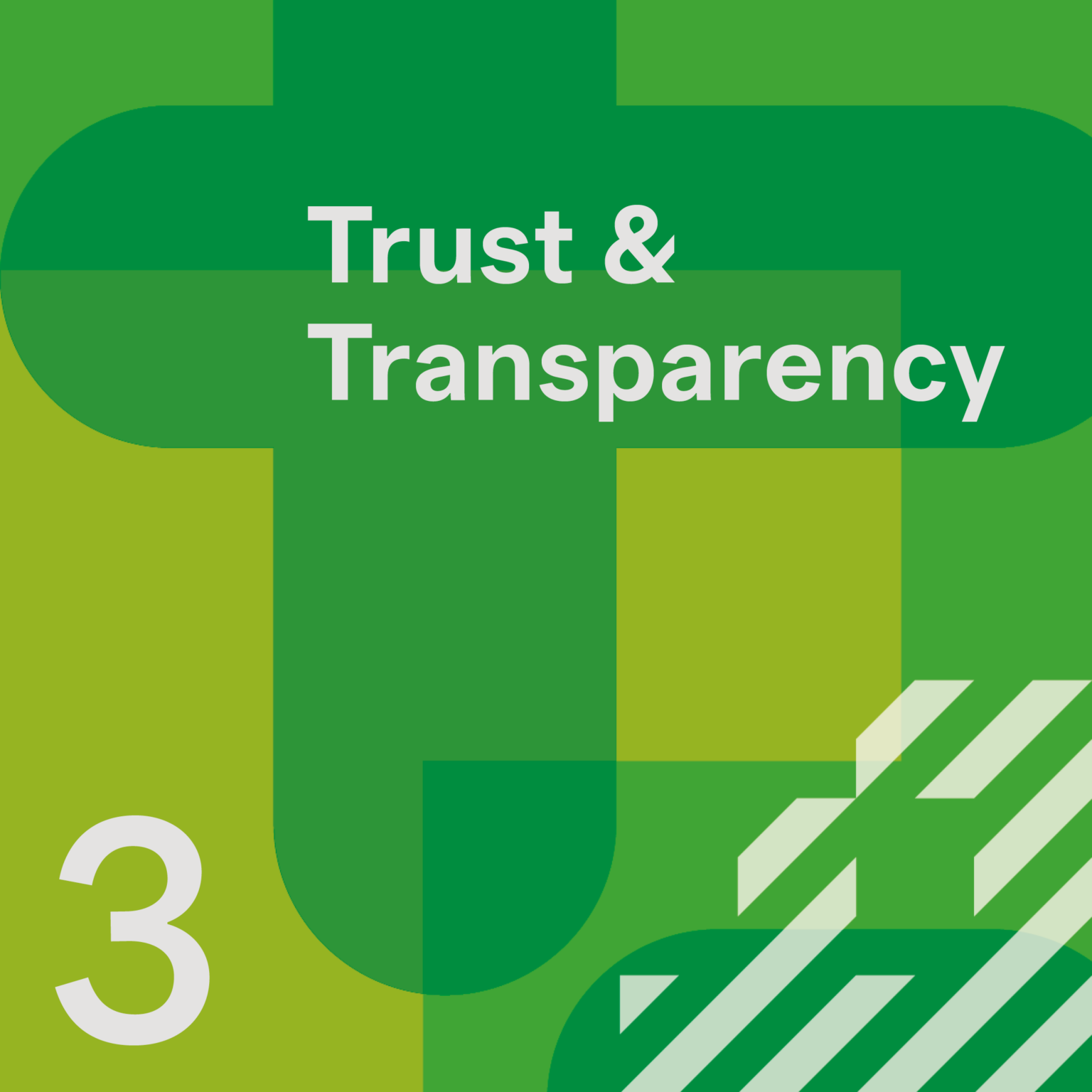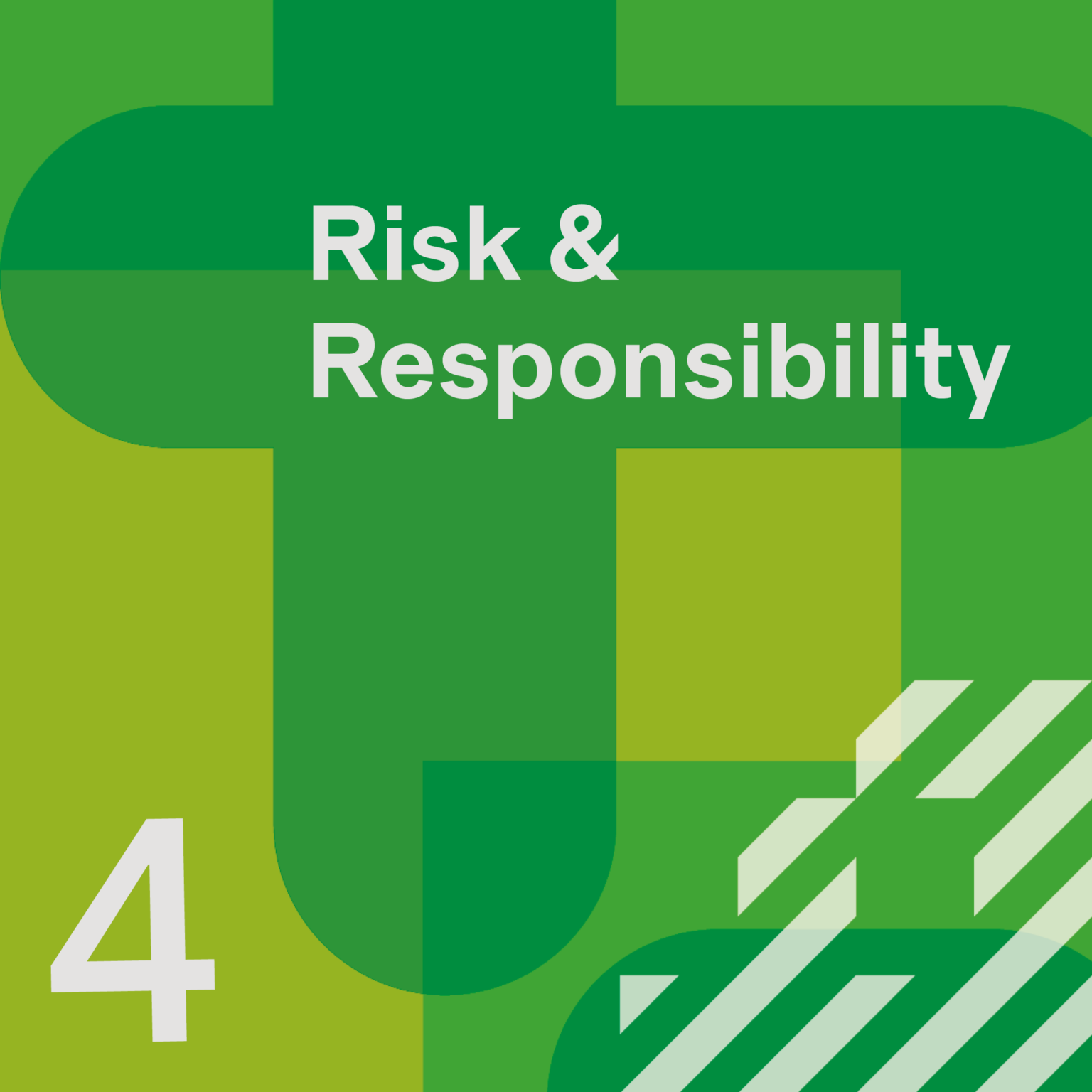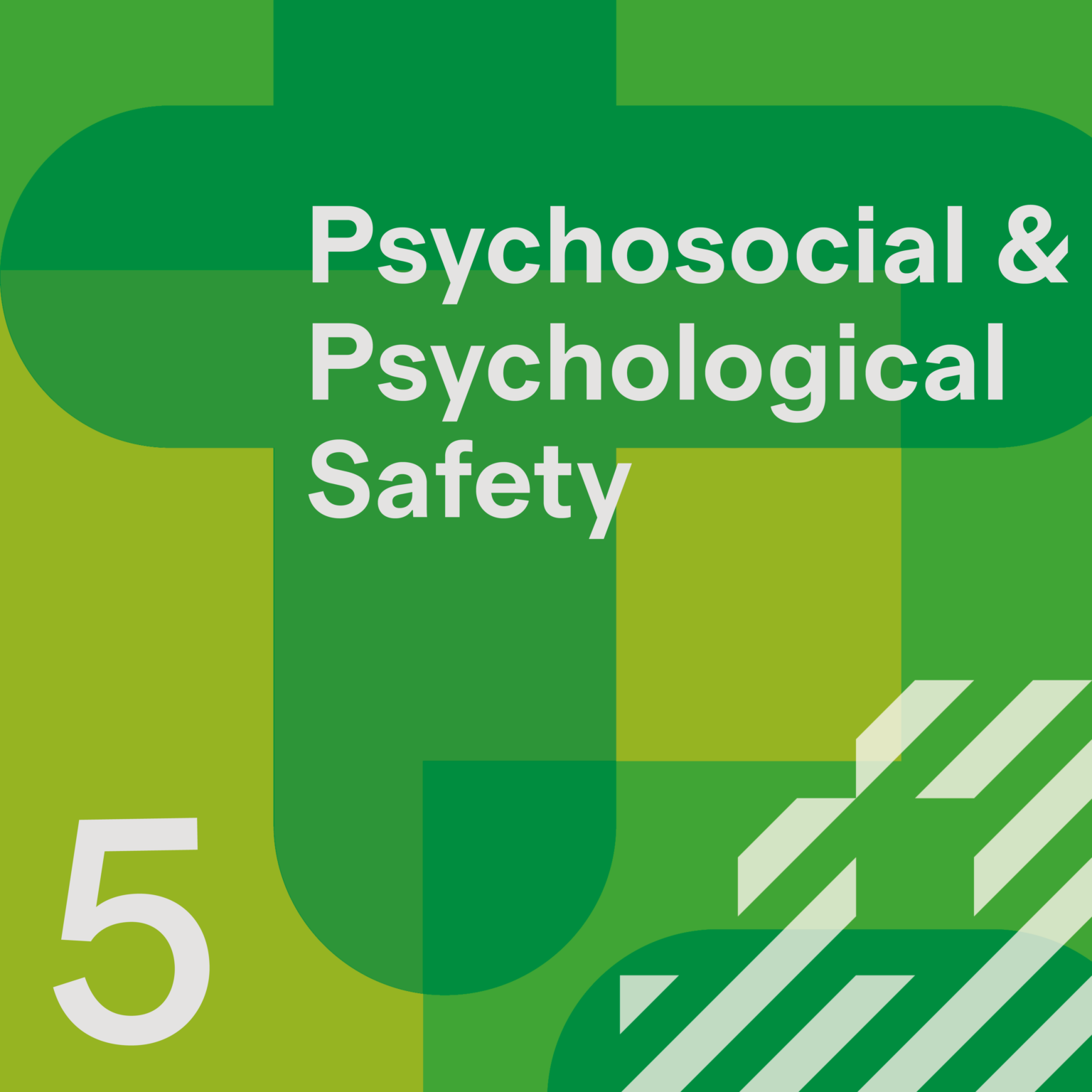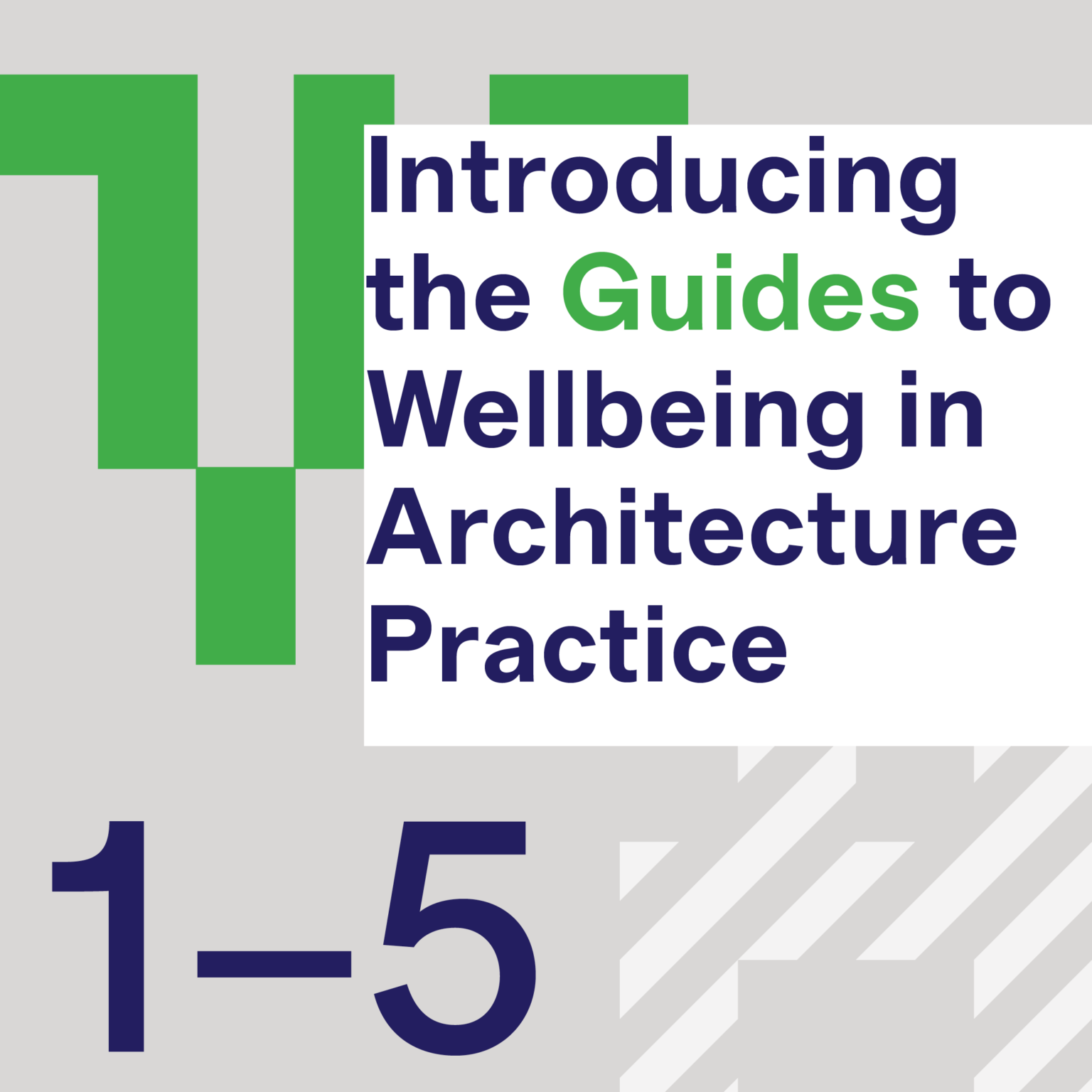‘Psychological safety’ and ‘psychosocial safety’ are closely connected but distinct concepts that can help cultivate healthy working conditions, and respectful and inclusive workplaces. This guide introduces and explains these terms, offering suggestions about creating psychologically safe work environments that prioritise open communication, inclusion, belonging and general wellbeing. It outlines legal obligations and explains how to identify and eliminate psychosocial hazards.
Architecture practices have a vital role to play, and bear the burden of legislative compliance, but the actions of individuals can also have a dramatic impact. At the same time, the wider profession can model good behaviour and assist in building awareness, educating and supporting healthy workplaces.
Psychological safety intersects with cultural safety, supporting neurodiversity in the workplace, and many other factors. These topics are not covered in detail in this guide. This is an area that warrants future study and development.
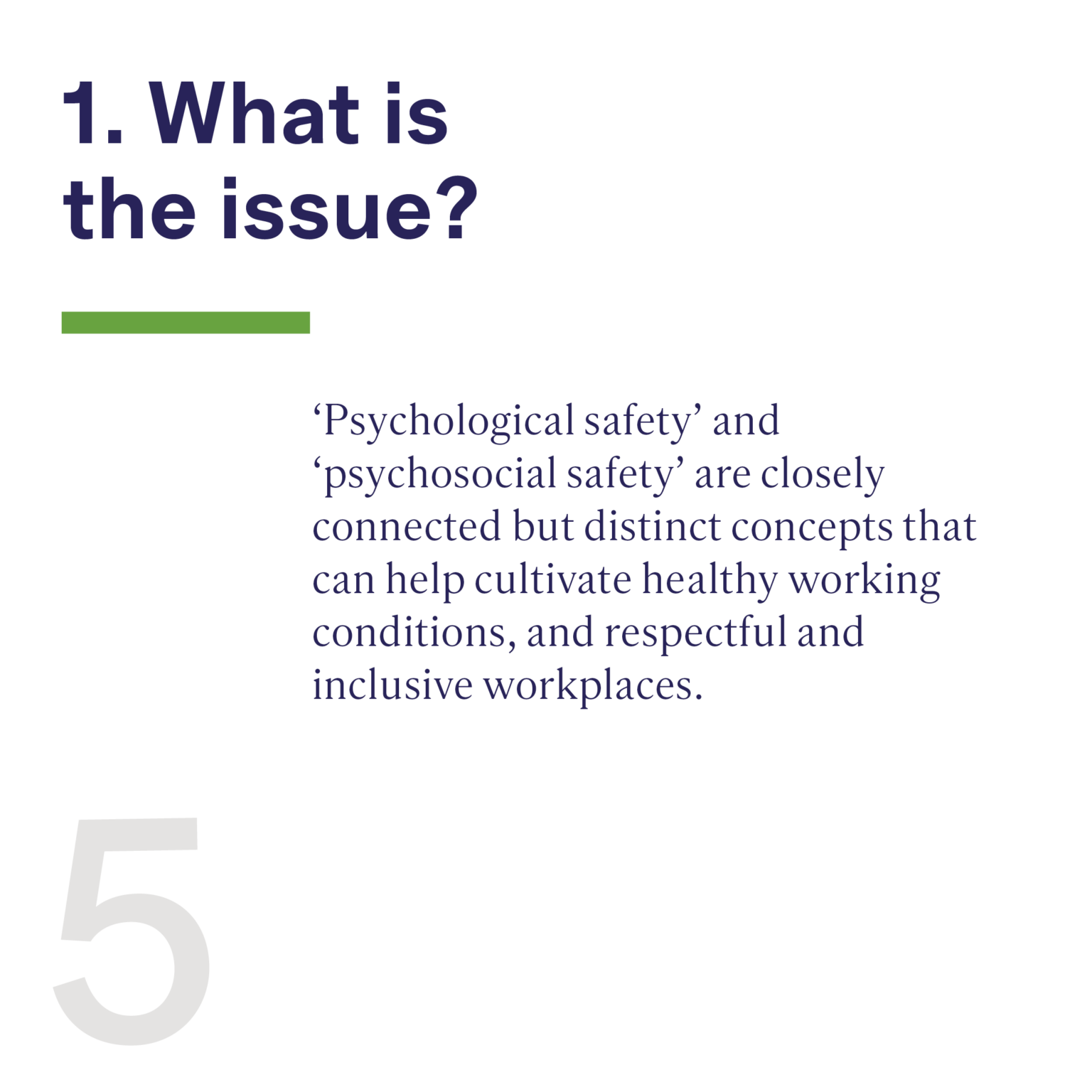
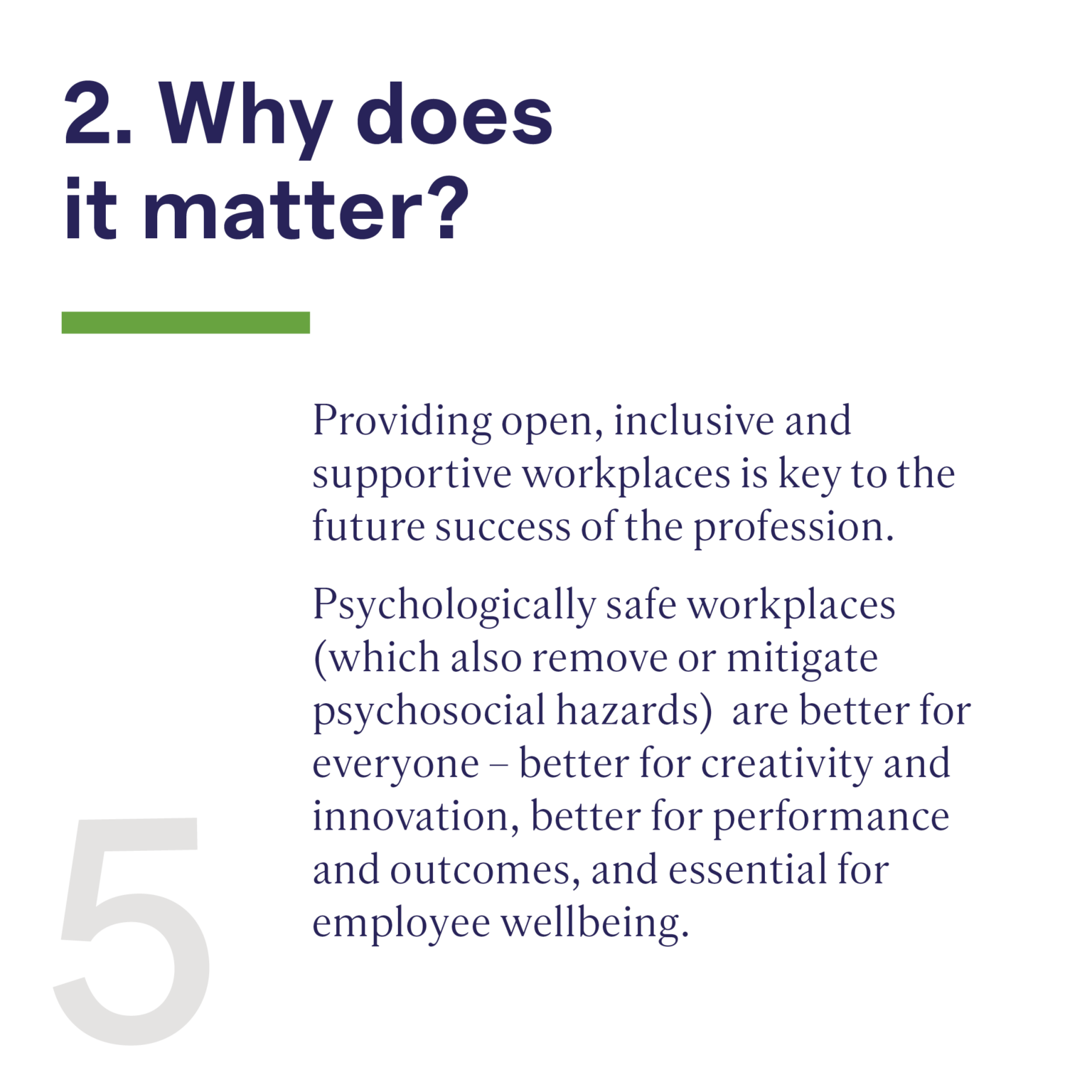
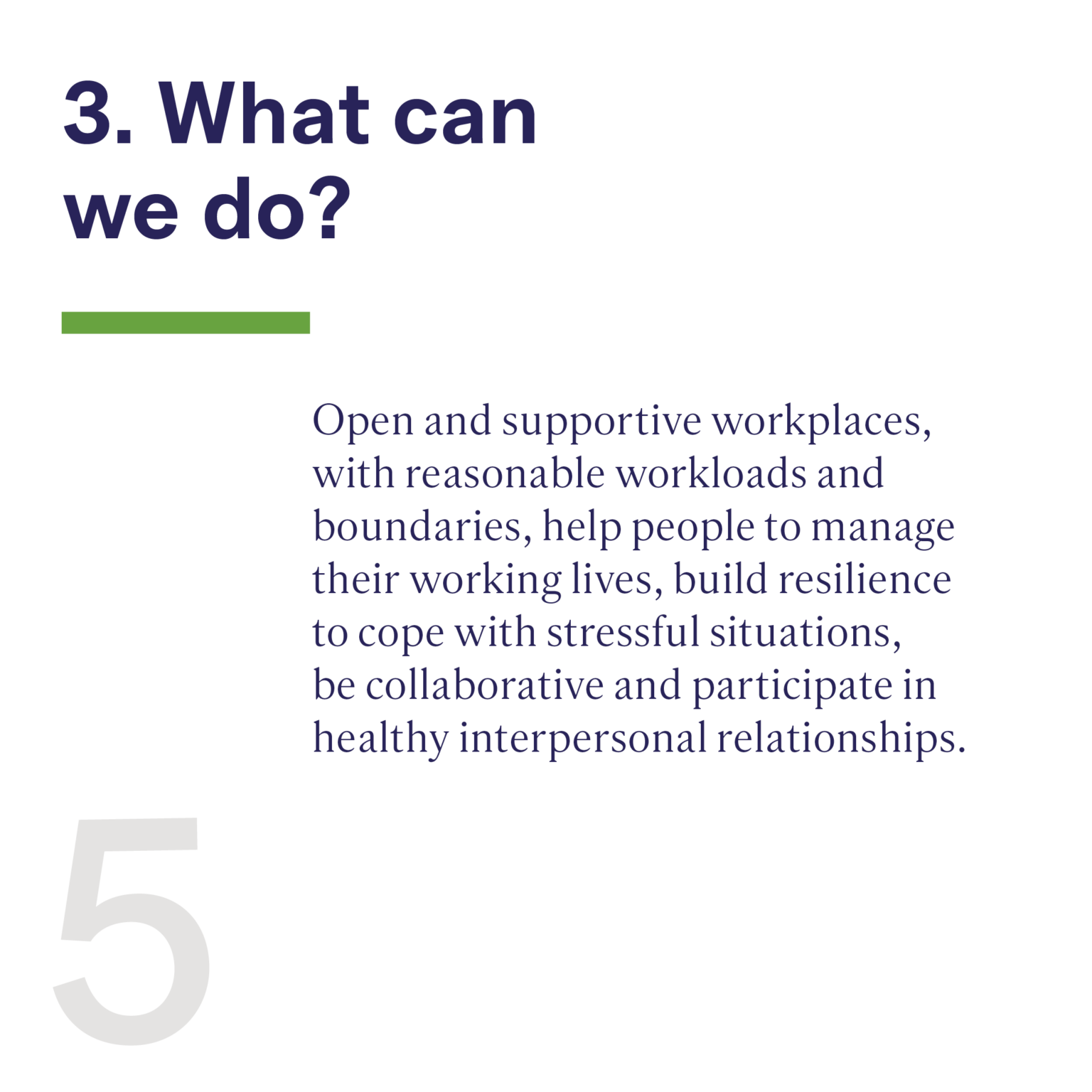
The Guides to Wellbeing in Architecture Practice are an outcome of the Wellbeing of Architects research project. They were published by Parlour in May 2024.
Primary authors for this guide are Susie Ashworth and Alison McFadyen. It was edited by Susie Ashworth and Justine Clark, with input from Naomi Stead, Kirsten Orr and Maryam Gusheh. The project was managed by Alison McFadyen, with additional writing and research by Byron Kinnaird, Naomi Stead, Liz Battiston and Vicki Leibowitz. Full credits are available in the Guide acknowledgements.
Read the full set of guides
DISCLAIMER These guides provide overviews only, with prompts for thought and ideas for consideration. They are not a substitute for professional or legal advice.
Individuals and practices should seek advice regarding policy on wellbeing, employment and human resources, as well as advice about particular situations, from their legal, HR or other business adviser. Like the other guides in this series, this does not offer medical opinion, diagnosis or advice – individuals should consult their health professional as appropriate.







